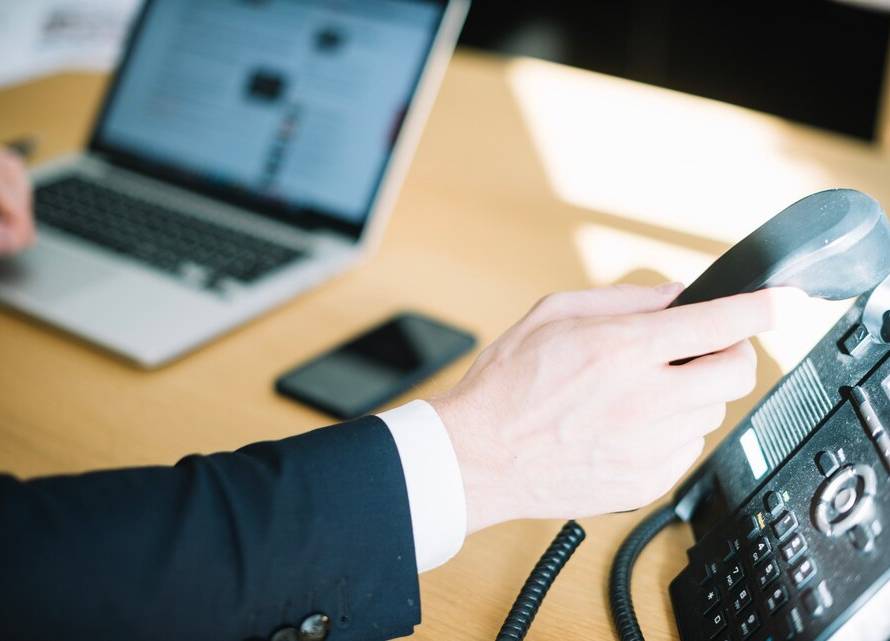In an era where digital communication reigns supreme, the question of whether Voice over Internet Protocol (VoIP) calls can be traced is a pertinent one. VoIP technology has transformed the way we communicate, offering cost-effective and feature-rich telephony. Yet, with this convenience comes concerns about privacy and security. Let’s dive into the world of VoIP traceability to understand the factors at play.
The Traceability of VoIP Calls
VoIP, as a technology, enables voice communication over the internet by converting analog audio signals into digital data packets. While this process is a technological marvel, it also introduces the potential for traceability.
When we talk about traceability in VoIP calls, we refer to the ability to track and monitor these calls. In traditional telephony, such as landlines, tracing a call is relatively straightforward due to the centralized nature of the infrastructure. In contrast, VoIP calls traverse the vast expanse of the internet, raising questions about the extent to which they can be traced.
Factors Affecting VoIP Traceability

Several factors influence the traceability of VoIP calls:
- Encryption: The use of encryption protocols plays a pivotal role. Encryption scrambles the voice data, making it exceedingly difficult for unauthorized parties to intercept and decipher the conversation.
- VPN Usage: Many users employ Virtual Private Networks (VPNs) to enhance their online privacy. VPNs create a secure, encrypted tunnel for data transmission, further obfuscating the traceability of VoIP calls.
- Service Provider Logs: The policies and practices of VoIP service providers also impact traceability. Some providers may retain call data for various purposes, including billing and troubleshooting, while others prioritize user privacy by minimizing data retention.
Privacy Measures in VoIP
VoIP providers understand the importance of privacy and employ various measures to protect users:
- End-to-end Encryption: Leading VoIP services often implement end-to-end encryption, ensuring that only the communicating parties can decipher the conversation.
- Anonymity Features: Some VoIP platforms offer features that allow users to maintain anonymity, such as displaying random caller IDs or using temporary numbers.
Real-World Implications
The traceability of VoIP calls has real-world implications. On one hand, individuals seek to protect their personal privacy, especially in an age where data breaches are common. On the other hand, businesses prioritize the security of their corporate communications, often requiring robust encryption and privacy measures.
In conclusion, while VoIP calls are not immune to traceability, the technology has evolved to prioritize user privacy and security. By understanding the factors that affect traceability and the privacy measures in place, users can confidently embrace VoIP technology for both personal and business communication needs. VoIP offers a compelling blend of convenience and security, but as with any technology, awareness and informed usage are key.



